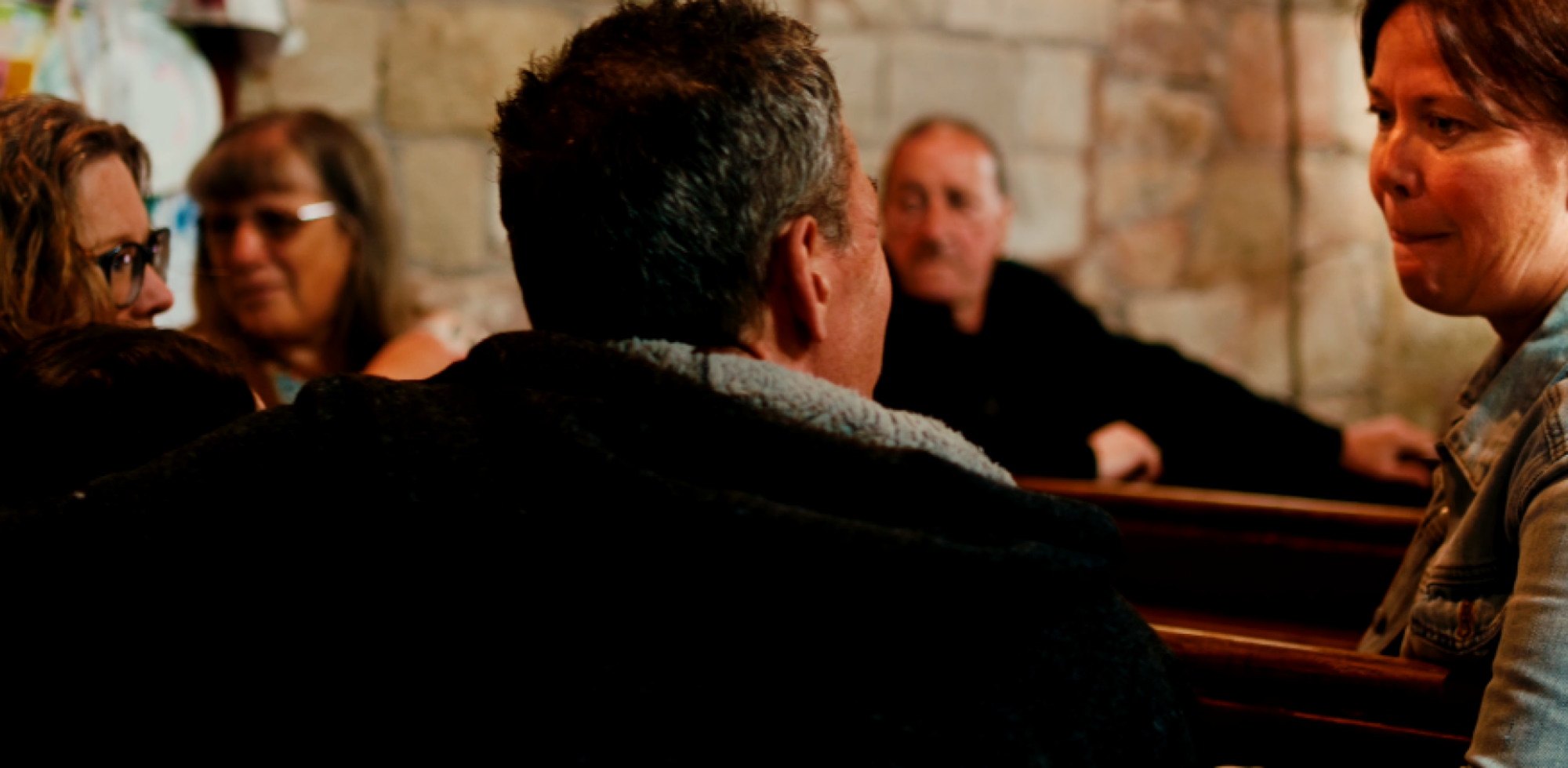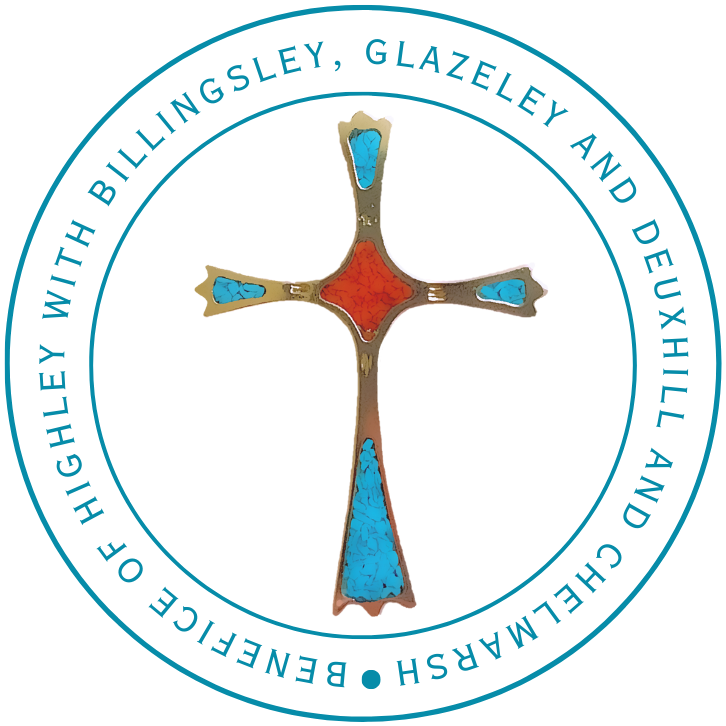We have recently nominated a Wednesday lunchtime at work as a time to meet over a cup of tea and chat about whatever we want. Sometimes it may be about science, when people can share their joy (or disappointment) at their latest results. However, this week I had a lengthy conversation with a colleague about Latin. It arose out of some banter we had shared earlier in the week, about the word “viva”, used in universities to mean an oral examination, but which is a Latin term. It turned out that both of us had done Latin at school; I took it for O-level, my colleague wanted to do the same but her parents thought it was of no use and made her do German instead. Quite a few years later, she still has a passion for Latin but has forgotten most of her German. I also enjoy Latin; I am not very good at it, but being able to get some sense from a Latin inscription written hundreds of years ago helps me connect with the person who wrote it. Of course, I do not have to do this, but I enjoy it. My colleague is thinking about taking up Latin again as she loves it so much. We owe our identity not just to the “useful” things we do, the objectives which can be measured, but to all our activities including the “useless”. Thes things make us rounded people and they are vital (note the Latin root). As the 2nd century Christian teacher Irenaeus wrote (in Latin), “The glory of God is a human being fully alive”.
Rev David Poyner

